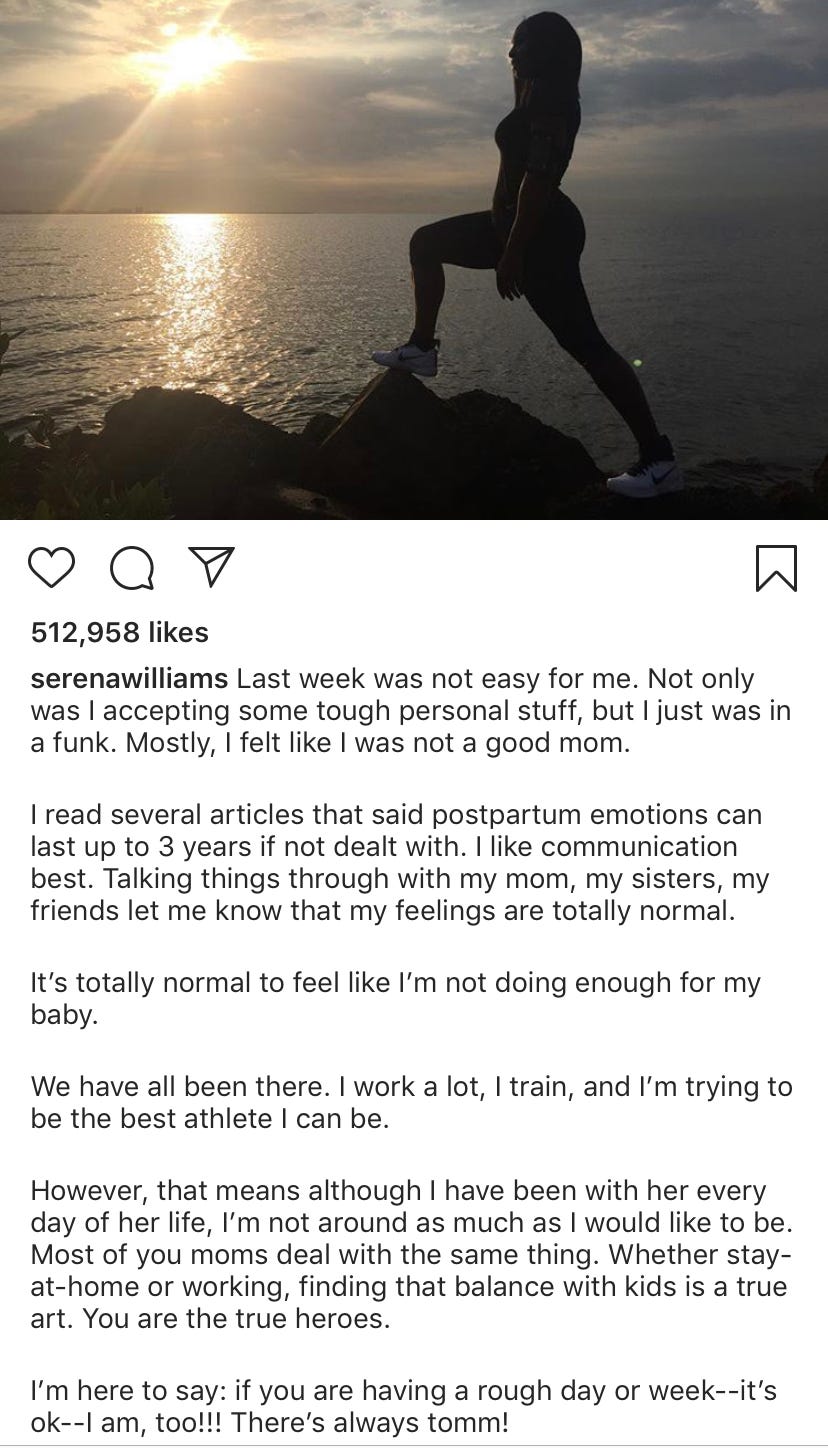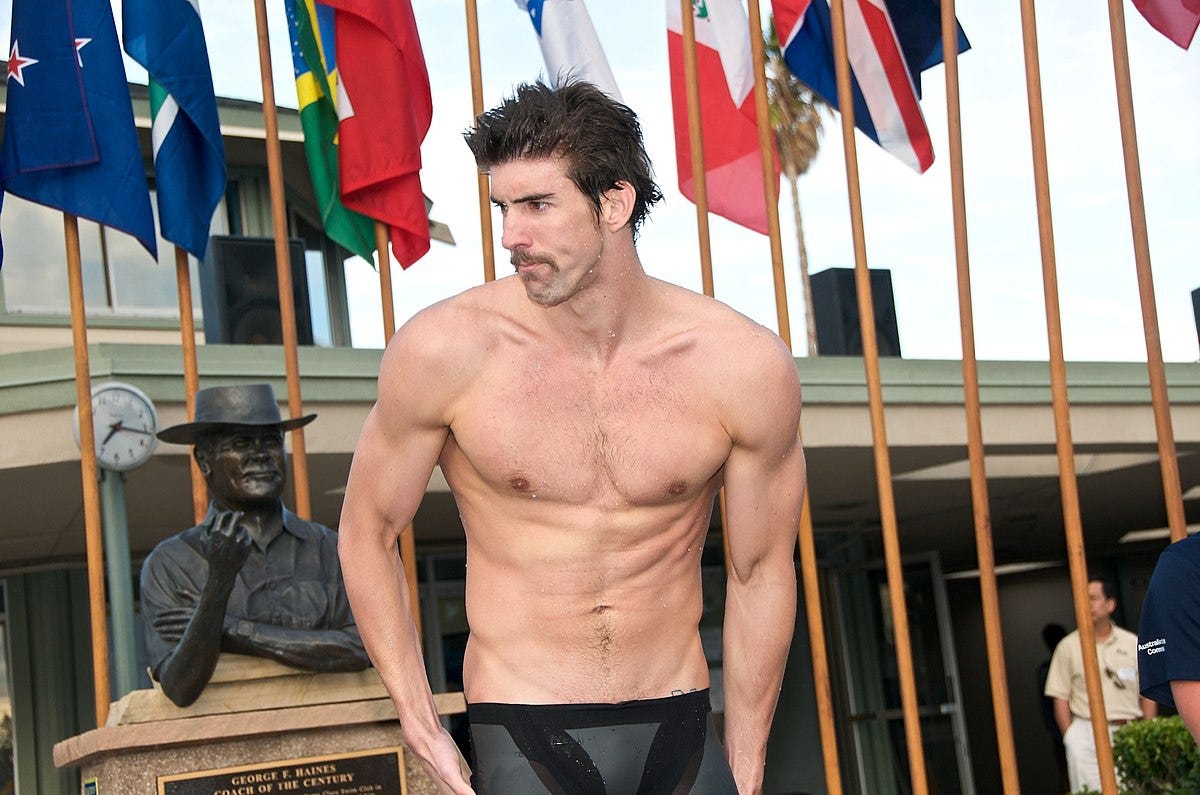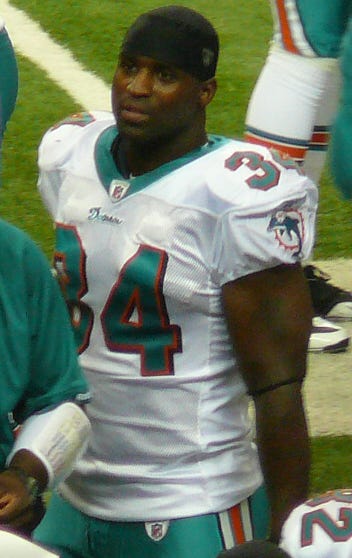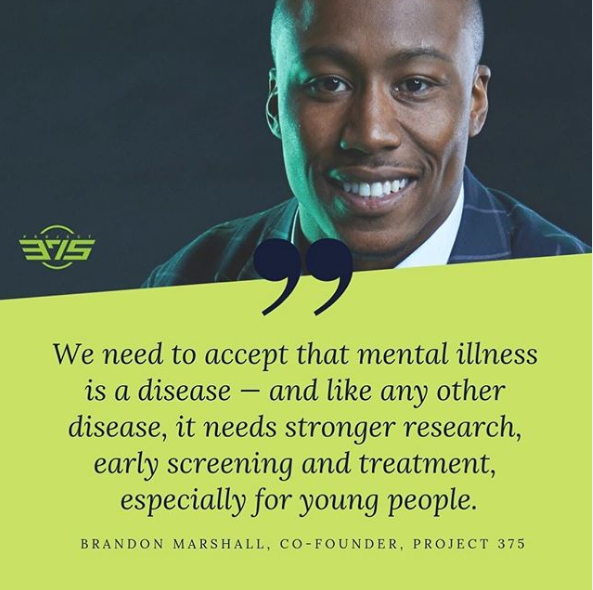Athletes Deal With Mental Health Issues Too
TRIGGER WARNING: This blog, or pages it links to, talks about suicide and depression which may be upsetting to some people. If you are having thoughts of hurting yourself or need someone to talk to, please skip to the bottom of this article for resources.
Toughness. Grit. Perseverance. These traits are seen as necessary for athletes to obtain if they are to be successful in their sport. Displaying these characteristics means it’s common to view athletes as indestructible, but many significant sports figures’ most challenging battles have come internally, against themselves, in regards to their mental health. The following athletes are helping to destigmatize the conversation around mental health, not just for athletes, but to show the everyday person — you are not alone.
Photo via Wikipedia Commons
Michael Phelps
Even the most decorated Olympian of all time has struggled with mental health and is now dedicating a part of his life to raising awareness on the issue. Before the 2016 Olympics, Phelps came out publicly about how he wrestled with his own mental health issues for years and experienced times where he couldn’t get out of bed for days. What’s his advice for those struggling along the same lines?
“The biggest thing I would say — never isolate, never shut down,” he said. “Always open up, just ask questions, talk, and I think always remember that it’s okay to not be okay.”-Michael Phelps in his interview with businessinsider.com
Photo via Wikipedia Commons
Ricky Williams
Ricky Williams was the 5th overall pick by the New Orleans Saints in the 1999 NFL Draft and a Heisman trophy winner in his time at the University of Texas. Being picked high in the draft often means you are automatically put into the media spotlight, with the weight of the league’s expectations of being a star. After being drafted, Williams was often characterized as “weird” and didn’t interact well with reporters during interviews. Eventually, Williams was recommended by a teammate to seek professional help, where he was then diagnosed with a social anxiety disorder. After receiving the diagnosis, Williams’ recovery process was made easier since he could now put a name and reason to his struggles. His situation is just one example that shows how important it can be to communicate these to another person and/or seek professional help.
“I understand that a lot of people, especially men, look up to me because of my profession, so I have a chance to reach out to people and let them know what I’ve been through and how treatment has made my life so much better. If my story can help even one person to seek help, it will feel as though I’ve scored the game-winning touchdown.”- Ricky Williams in his interview with Anxiety and Depression Association of America
Photo via Ronda Rousey’s Instagram (@rondarousey)
Ronda Rousey
The rapid rise to fame for Ronda Rousey was a spectacle to behold when the female UFC fighter began her career with six straight wins. Her fights ended quickly with an average finish time of 2:07 minutes, which is less than half of one round. Unfortunately, her career in UFC would end as swiftly as her rise. For her fight with Holly Holm in November of 2015, Rousey ended up losing by KO, and would lose the following match in what would end up being her last fight in the UFC. That loss against Holly Holm had a great toll on her mental health and Rousey opened up about her story publicly on the Ellen Degeneres show, saying “What am I anymore if I’m not this? And I was literally sitting there and thinking about killing myself and that exact second, I’m [thinking] ‘I’m nothing … what do I do anymore and no one gives a s*** about me anymore without this.” Ronda has expressed the harsh realities of mental state after having lost both her grandfather and father to suicide. For this reason, she has become a serious mental health advocate. Rousey has confronted her battle with depression, prolonging her fighting career by going into WWE while also adding acting to her resume, making numerous cameos in Hollywood films.
“It’s not a weakness we should condemn. I’ve never shied away from talking about suicide or anything like that. It’s really heavily affected [my] family, and anything that I could do to make sure it affects as few people as possible, I’d be happy to do that.”- Ronda Rousey in her interview with TMZ

Serena Willams’ post on postpartum depression via her Instagram (@serenawilliams)
Serena Williams
The most successful female tennis player in modern history has broken through many obstacles from misogyny to racial discrimination while achieving 23 grand slam wins along the way. All these hurdles came from external sources and factors, while there was another which Williams had to deal from within — postpartum depression (PPD). Serena has been open in sharing her personal experience with PPD and feelings of not being enough for her child, showing other mothers they are not alone in these thoughts. In fact, the American Psychological Association says 1 in 7 mothers will experience PPD, a more serious case of the “baby blues.” By simply talking about PPD and how it affected her, Serena Williams is demonstrating the importance of reaching out for help.
“Mostly, I felt like I was not a good mom. I read several articles that said postpartum emotions can last up to 3 years if not dealt with. Talking things through with my mom, my sisters, my friends let me know that my feelings are totally normal.”- Serena Williams on her Instagram post
Photo via Project 375’s Instagram (@project375)
Brandon Marshall
Brandon Marshall is a 13-year veteran in the NFL and 6-time Pro Bowler. While many consider that a successful career, Marshall believes his true legacy will be determined off the field in his work with mental health issues. Throughout his career, he would find himself having stages of distancing himself from friends and family while not truly being able to explain what was wrong with him. His issues persisted until 2011 when he was recommended by a friend to seek help, and then was diagnosed with borderline personality disorder (BPD). It wasn’t until he was given his diagnosis that he felt himself able to take the first steps towards recovery. Now, Marshall and his wife have started Project 375 which is a foundation dedicated to eradicating the stigma surrounding mental health by raising awareness, implementing training, and improving care for our youth. Brandon Marshall is a testament to how athletes are using their platforms to bring light to an array of issues like mental health.
Read his article ‘The Stigma’ for The Player’s Tribune here.
“I always say that football is my platform, not my purpose. I believe my purpose is to serve as an example for people who are suffering from mental illness — to show them that it’s O.K. to seek help.”- Brandon Marshall in his article for The Player’s Tribune
Mental health issues are not your fault–they are a real, but treatable, psychological disorder. If you are having thoughts of hurting yourself or need someone to talk to, please take action now:
1–800-SUICIDE (1–800–784–2433)
National Strategy for Suicide Prevention: LifeLine
1–800–273-TALK (1–800–273–8255) — has hotlines for every state.
1–800-PPDMOMS (1–800–773–6667)
The Global Sport Institute cares for the health and safety of all its readers. If you are having thoughts of hurting yourself or need someone to talk to, please take action now by calling 1-800-273-8255 or by visiting suicidepreventionlifeline.org. For other resources, visit the Mental Health Resources Guide.
For more content that goes beyond wins and losses, head to globalsportmatters.com.



